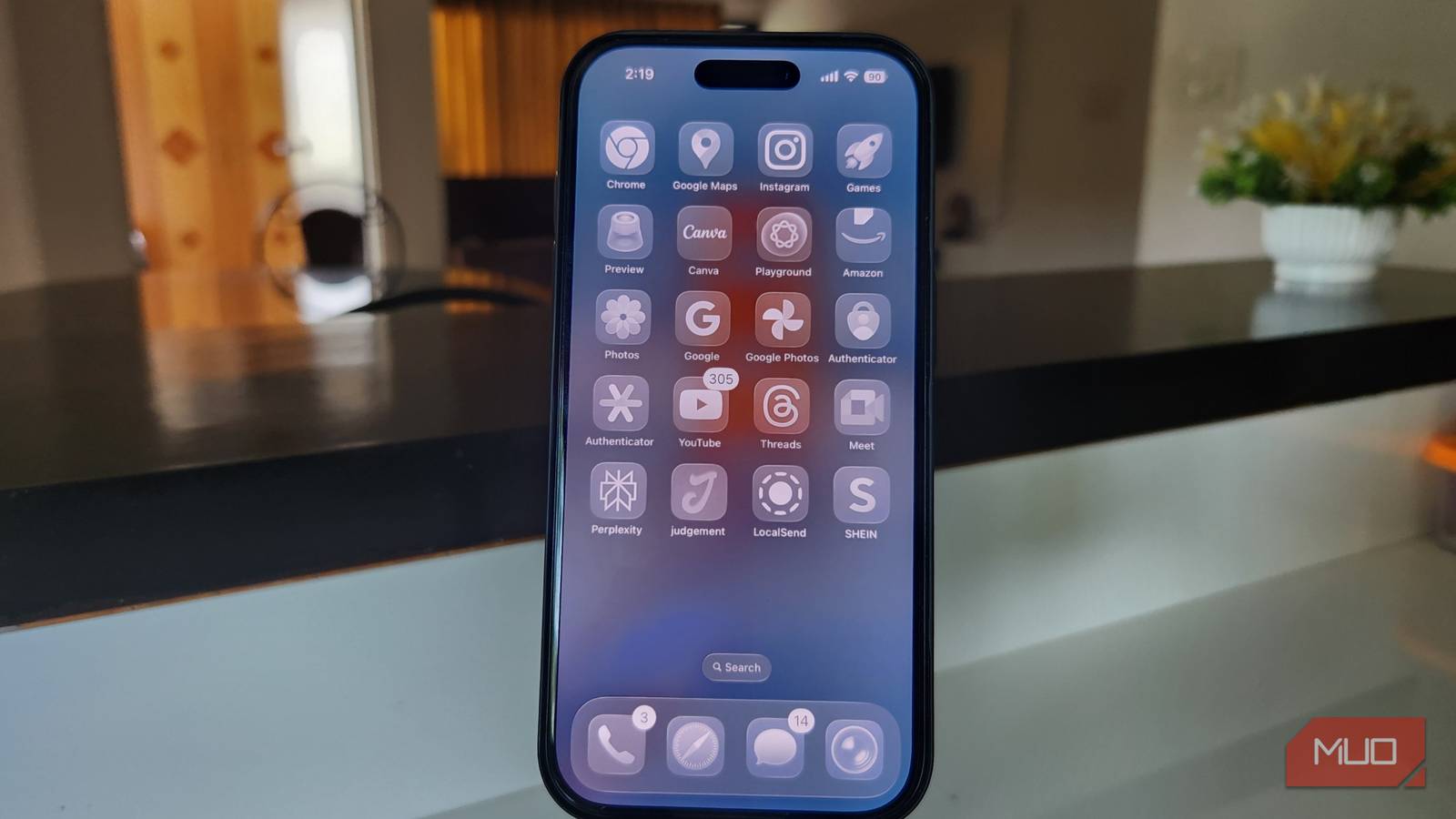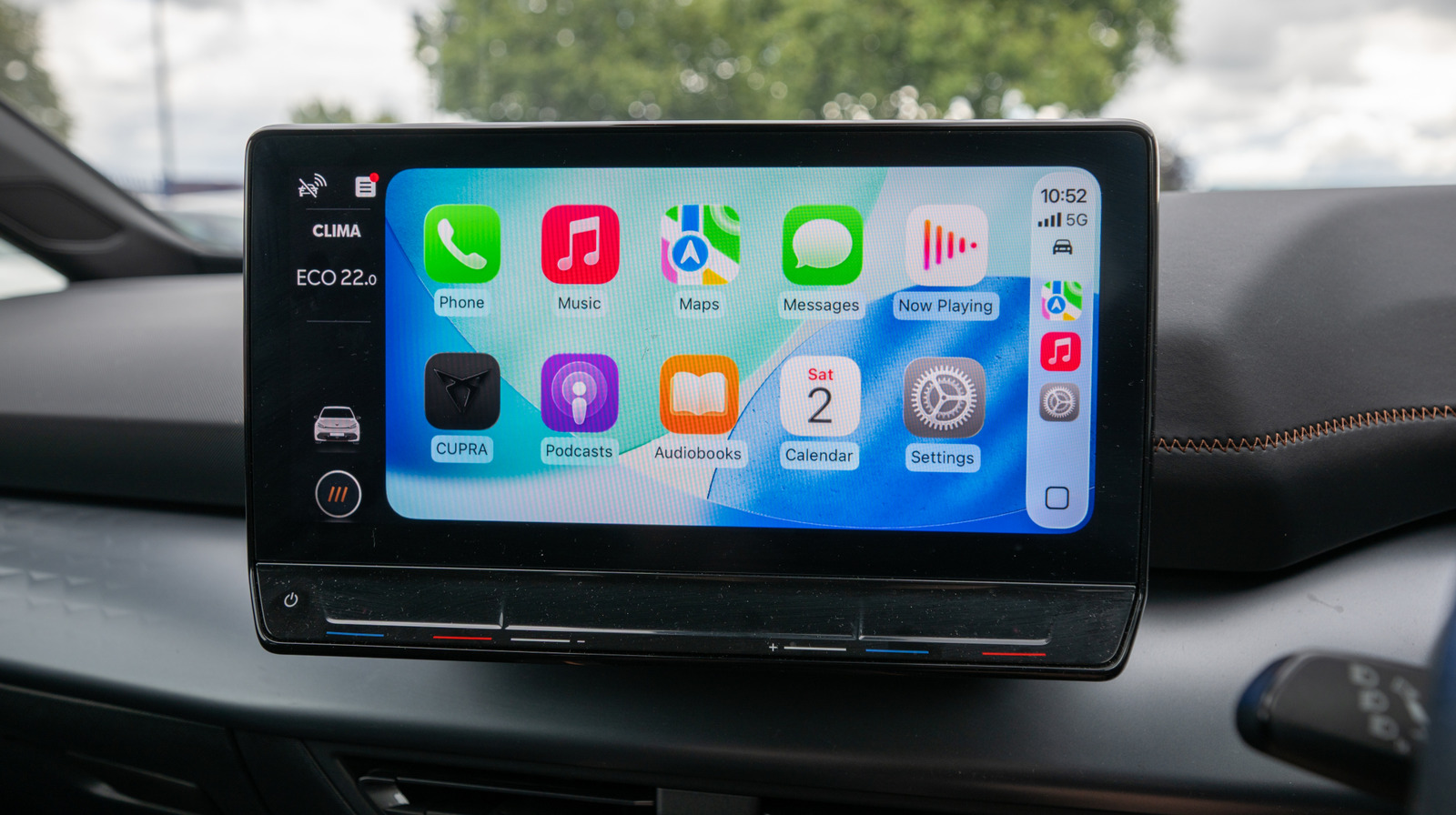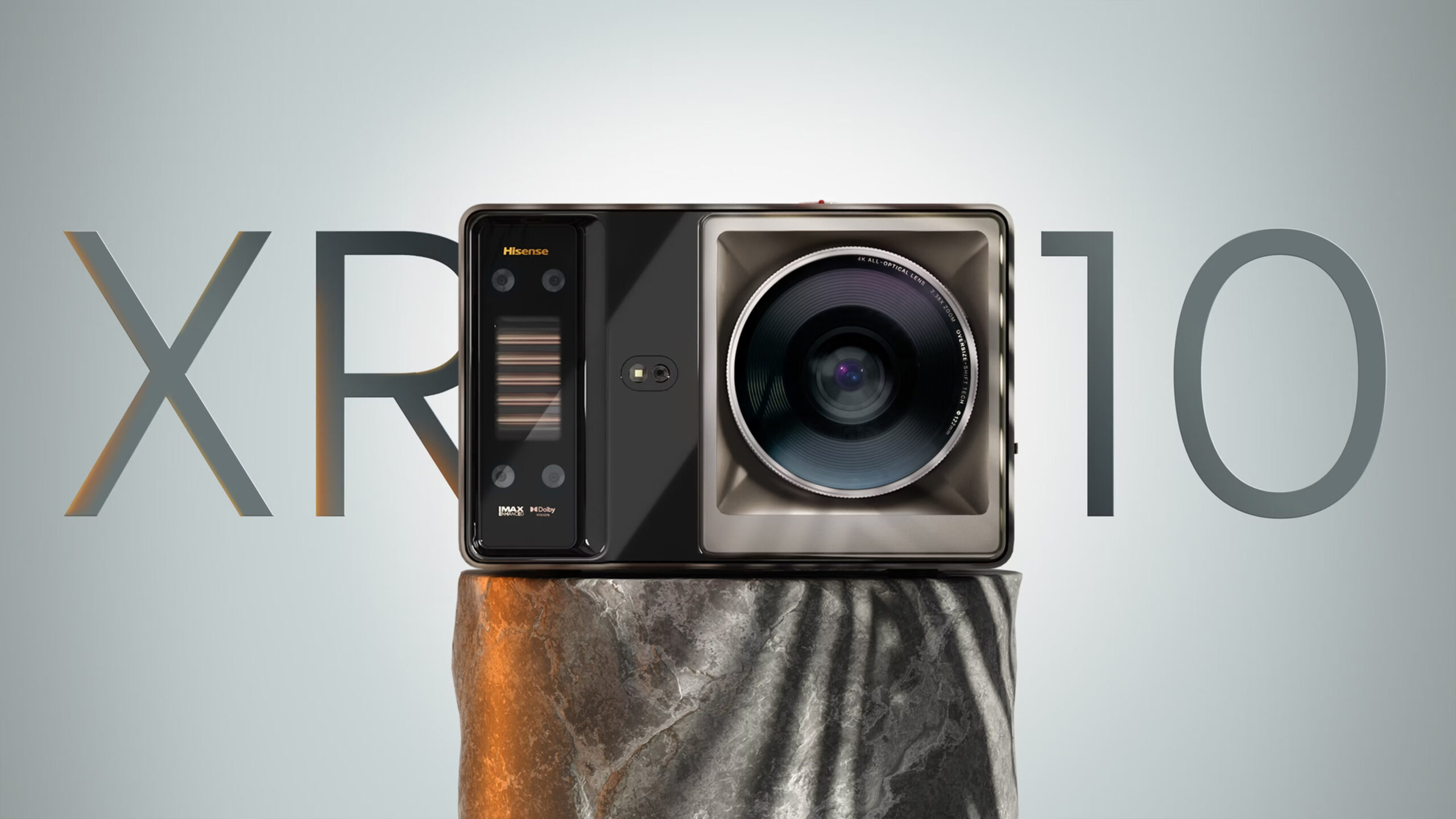Seattle Hyundai sales manager Rachel Walen is anticipating a very busy weekend at her dealership on Aurora Avenue.
Tuesday marks the last day U.S. shoppers can take advantage of tax credits of up to $7,500 for the purchase or lease of a new electric vehicle, or $4,000 for a used EV. The tax break was passed in 2022 and meant to run for a decade, but the Republican led Congress nixed it in the comprehensive budget legislation passed this summer, defending the move as a way to rein in government spending.
Now consumers have only a few days left to take advantage of the deal.
“People have been waiting,” Walen said. “[Since] the beginning of this month, we’ve been telling people, ‘Listen, we’re not going to have any inventory at the end of the month, so if you want a certain color level, if you want a certain trim level, now’s the time.’”
In the U.S., new EV sales in August were up nearly 18% compared to the same time last year, while used EVs purchases spiked 59% last month, according to Cox Automotive. Electric vehicles represented 10% of new vehicles sold in August — a U.S. record. The firm’s analysts expect the momentum to stretch through September.
Scott Case, CEO of Recurrent, a Seattle-area startup that provides battery data on used electric vehicles, finds this trend ironic.
“The Trump administration’s attempt to crush EVs ended up causing this surge of demand,” he said. “Which frankly, in the long term, does get us to full EV penetration more quickly.”
And while the federal support disappears Sept. 30, Washington leaders are picking up the cause. This week the state launched an initiative called ZEVergreen that aims to keep driving the transitioning to zero-emission vehicles, which includes EV and plug-in hybrid EVs. Last year, one-in-five cars purchased in Washington were zero emission.
“We are protecting our climate, lowering barriers to affordable transportation and improving people’s quality of life,” said Casey Sixkiller, director of the Washington State Department of Ecology, in a statement. “We intend to keep up the momentum.”

State-led efforts
The transportation is the biggest contributor to Washington’s carbon emissions, and local leaders have for years pushed for EV adoption to help meet state climate goals. State leaders also assert that electric vehicles can save Washington drivers up to $8,000 over seven years given the lower costs of electricity in state and the elimination of maintenance costs associated with gas and diesel engines.
To encourage EV sales, the state offered a sales tax exemption for lower-cost new or used EVs that ran for six years and ended July 31, 2025. Washington also ran a first-of-its kind program nationally that provided instant rebates for low-income consumers who bought or leased an EV. The short-term, $45 million initiative was so popular that it ran out of money in less than three months.
ZEVergreen is looking for new ideas for EV policies to be considered in next year’s legislative session. The effort kicks off with a public meeting Oct. 27 and will host a series of workshops with stakeholders including government and utility representatives, business, Tribal governments, and environmental and community groups.
Washington is also fighting President Trump’s move to nullify California’s vehicle emissions standards, which are stricter than federal limits. Washington and others have adopted those more stringent rules, including a law requiring all new vehicles sold beginning in 2035 to be zero-emission.
Walen expects the state will come up with new policies that promote EVs.
“It’s going to be interesting,” she said. “I do think that Washington state’s going to do something. We have a really progressive state.”
Used EVs to hit the market
While demand for new EVs will likely slow following the end of the tax rebates, Case expects a wave of used EVs to begin hitting the market.
That’s due in part to a loophole in the federal policy that fueled the demand for EV leases. While the tax break for buying EVs was limited to certain U.S.-made vehicles and to consumers earning $300,000 or less as joint tax filers, shoppers who leased EVs had no such restrictions.

Next year, Case predicts, will see a rise in 3-year-old used EVs as leases run out. “That’s going to be a fantastic purchase for a lot of people,” he added. “It just locks in growth in the used market until basically the end of Trump’s term that continues to grow year after year.”
But big questions remain over long-term trends for EV adoption. BloombergNEF forecasts lower passenger EV sales in the U.S. through the end of the decade than previously projected due to the recent policy changes. However, the global picture is dramatically different, with EV and plug-in hybrid sales worldwide expected to increase 24% this year compared to last — driven mostly by sales in China.
Case holds on to his optimism on the U.S. front, noting that research shows at least 74% of EV owners say they want to stay electric for their next purchase rather than returning to gas or diesel.
“Every EV that sells between now and Sept. 30 — and we’re doing record numbers — it means another EV driver on the road who isn’t going back,” he said.










